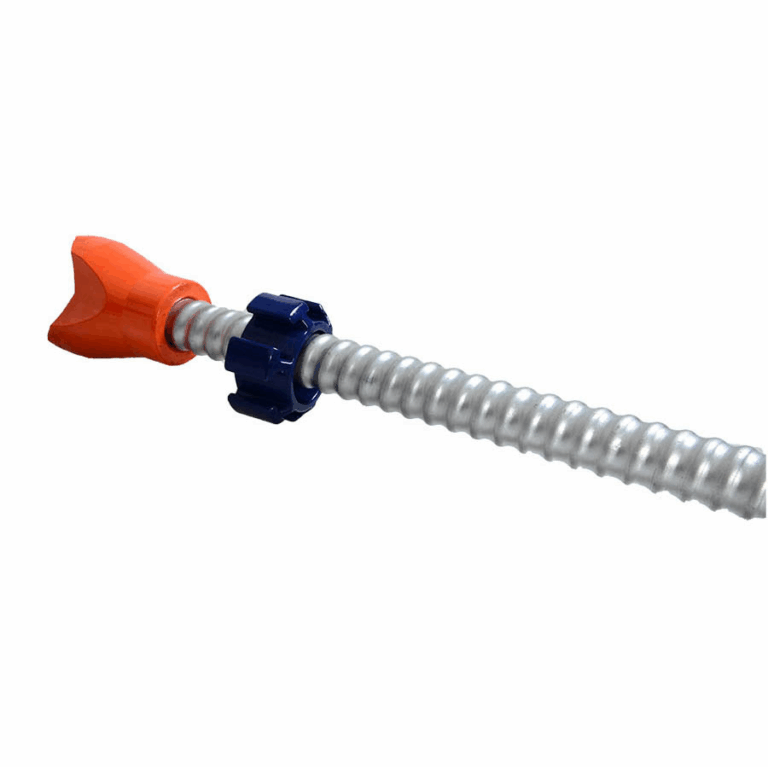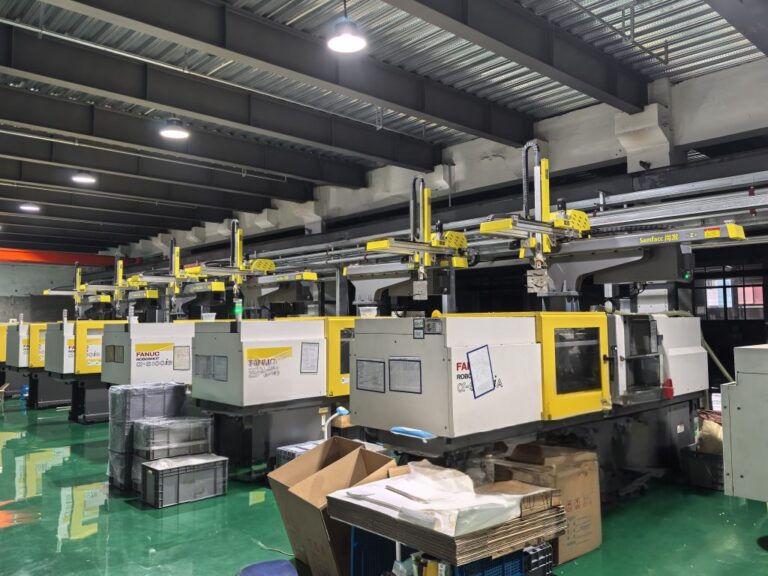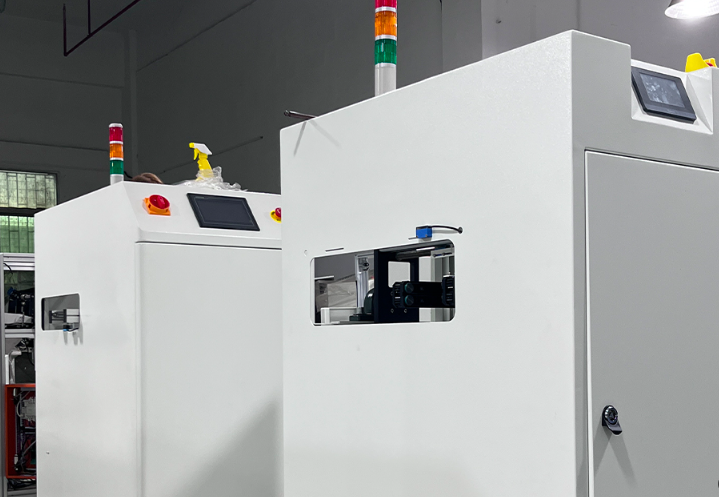目录
ToggleEnsuring that fiber optic products meet global safety and performance standards is not just a technical checkbox—it’s a safeguard against network failure, wasted investment, and long-term compatibility issues. For anyone comparing FTTH products manufacturers, verifying product compliance must be a central step in your sourcing strategy. In this guide, we break down how consumers and procurement professionals alike can evaluate whether a manufacturer truly meets compliance standards, and how to avoid misleading or uncertified products in today’s saturated marketplace.

Understanding Product Compliance for FTTH Products Manufacturers
Product compliance for fiber-to-the-home (FTTH) systems goes beyond marketing claims. It involves third-party testing, documented adherence to international safety norms, and transparent manufacturing processes.
Leading FTTH products manufacturers submit their components for certification under frameworks such as ISO (quality management), CE (European conformity), and RoHS (Restriction of Hazardous Substances).
Non-compliant products can compromise entire fiber networks, lead to regulatory issues, and increase maintenance costs over time. To avoid these risks, understanding compliance protocols and how to confirm them is critical.
Essential Certifications to Look For
When verifying compliance, focus on whether the FTTH products manufacturers provide verifiable documentation for the following certifications:
- ISO 9001: Indicates adherence to quality management standards in manufacturing.
- CE Mark: Confirms the product meets EU health, safety, and environmental protection standards.
- RoHS: Ensures that no hazardous substances are used in the product’s materials.
- UL or ETL: For fire safety and material integrity, especially in indoor environments.
Requesting and reviewing these certificates directly from the manufacturer is not only acceptable but essential in responsible procurement.
Key Steps to Verify FTTH Manufacturer Compliance
To confidently evaluate a manufacturer’s compliance, follow these clear and structured steps:
- Request Third-Party Certifications
- Ask for scanned copies or digital certificates.
- Check that the documents are recent and issued by recognized organizations.
- Audit Manufacturing Facilities (Virtually or On-Site)
- Reputable FTTH products manufacturersoften provide virtual factory tours or third-party audit summaries.
- Review documentation about raw material sourcing and end-to-end production workflows.
- Evaluate End-of-Line Testing Procedures
- Confirm whether the manufacturer performs 100% quality checks before dispatch.
- Look for details about return loss, insertion loss, and mechanical endurance testing.
- Inspect Product Labelling and Documentation
- Compliance products often include traceable serial numbers, barcodes, and user guides referencing certification codes.
- Any inconsistencies or missing information may be a red flag.
- Consult Customer Testimonials or B2B References
- Feedback from telecom providers or network integrators offers real-world evidence of product performance and regulatory reliability.
Why Working with OMC Simplifies Compliance Assurance
Among numerous FTTH products manufacturers, OMC stands out for its transparency and rigorous approach to compliance. With over 13 years of experience, OMC has developed a reputation not just for product quality, but for certified integrity across all levels of manufacturing.
OMC’s Approach to Compliance:
- All products undergo strict inspection and comply with international standards including CE, RoHS, and ISO.
- The company operates advanced manufacturing facilities where compliance is embedded in every process—from raw material vetting to final product testing.
- Technical documents, batch test results, and compliance certifications are available to customers upon request.
As a trusted partner for telecom operators, data centers, and ISPs, OMC helps clients meet their project goals without compliance-related concerns. The company also offers custom cabling solutions, backed by certified performance and safety guarantees.
Red Flags to Avoid When Choosing FTTH Products Manufacturers
The global supply chain for fiber optic products includes both certified players and unregulated suppliers. To protect your investment, be alert to these warning signs:
- No certification disclosure: If a manufacturer refuses or delays showing certificates, it’s a serious red flag.
- Overuse of buzzwords without specifics: Terms like “premium quality” or “industrial grade” are meaningless without documented proof.
- Inconsistent pricing: If prices are drastically below market average, this could indicate cut corners on compliance or materials.
Partnering with credible and certified FTTH products manufacturers like OMC eliminates these risks.
Ensuring Long-Term Value Through Verified Compliance
For consumers, network planners, and procurement managers, verifying product compliance is more than a formality. It ensures long-term signal reliability, reduced maintenance cost, and legal safety across international markets. High-grade, certified fiber components contribute to consistent bandwidth delivery and lower total cost of ownership.
That’s why companies like OMC lead the way—not only by manufacturing quality FTTH products, but by ensuring each product adheres to the highest global compliance standards. Their track record of timely delivery, customizable solutions, and professional support makes them a preferred choice among compliance-conscious buyers.
Conclusion
Choosing the right FTTH products means more than comparing specs and prices. It requires diligence in verifying certifications, testing standards, and manufacturer credibility. With a trusted partner like OMC—one of the most experienced and compliance-focused FTTH products manufacturers—you can deploy fiber networks with full confidence in their safety, performance, and regulatory validity.
0








